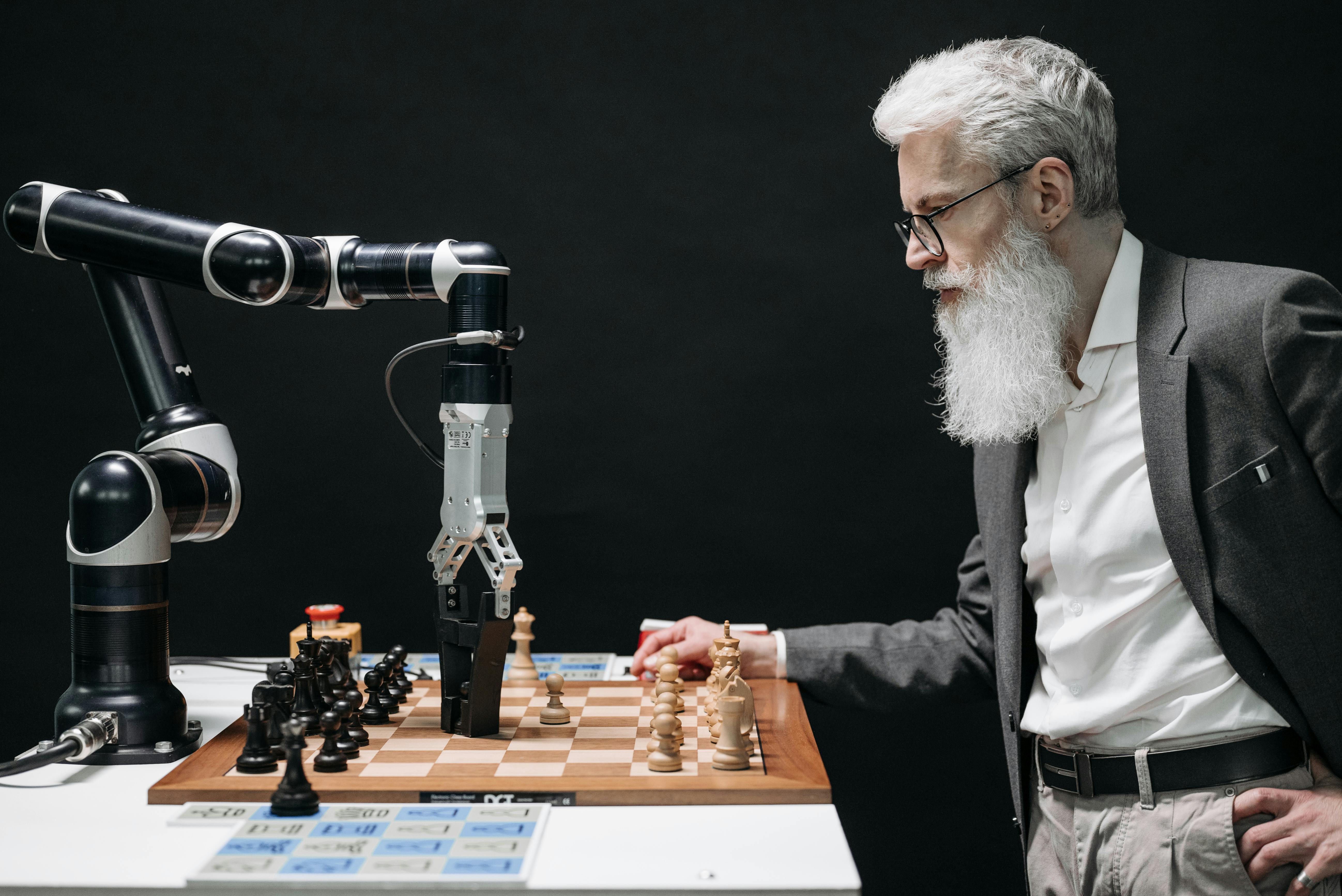AI System Authors First Peer-Reviewed Scientific Paper

Top post
Artificial Intelligence Conquers Science: "The AI Scientist-v2" Authors First Peer-Reviewed Paper
The role of Artificial Intelligence (AI) in scientific research is steadily increasing. A remarkable advancement in this field is "The AI Scientist-v2," an AI system capable of autonomously carrying out the entire research process from hypothesis generation to the creation of a scientific article. Particularly noteworthy: A paper generated by this system was accepted at an ICLR workshop after successful peer review. This marks a milestone in the application of AI in science.
Functionality and Innovations of the AI Scientist-v2
The "AI Scientist-v2" system operates agent-based and iteratively. It independently formulates scientific hypotheses, designs and conducts experiments, analyzes and visualizes the obtained data, and finally writes a scientific article. Compared to the previous version (v1), "The AI Scientist-v2" features several crucial improvements. The dependency on human-made code templates has been eliminated, making the system more flexible and applicable in various areas of machine learning. A novel, progressive, agent-based tree search method, controlled by a dedicated experiment manager agent, optimizes research efficiency. The integration of a Vision-Language Model (VLM) enables feedback loops for iterative improvement of content and design of the figures in the generated manuscript.
Successful Peer Review and Outlook
The capability of "The AI Scientist-v2" was demonstrated by the submission of three autonomously generated manuscripts to an ICLR workshop. One of these manuscripts achieved a rating above the average acceptance threshold for human authors. This makes it the first fully AI-authored paper to successfully pass a peer-review process. This success underscores the immense potential of AI in scientific research. Future developments in this area could significantly accelerate the speed of scientific discoveries and have a positive impact on knowledge generation and societal progress.
Open Access and Ethical Implications
To promote the further development of this technology, the source code of "The AI Scientist-v2" has been made publicly available. The developers emphasize the importance of discussing the role of AI in science, particularly regarding safety aspects and ethical implications. The increasing automation of research processes raises questions about responsibility, transparency, and the influence of AI on scientific practice, which must be intensively discussed in the future.
Bibliography: - https://pub.sakana.ai/ai-scientist-v2/paper/ - https://arxiv.org/abs/2504.08066 - https://github.com/SakanaAI/AI-Scientist-v2 - https://www.facebook.com/groups/DeepNetGroup/posts/2452364671823067/ - https://m.facebook.com/raymond.delacaze/photos/the-a-i-scientist-v2-workshop-level-automated-scientific-discovery-via-agentic-t/4125613767710345/ - https://x.com/SakanaAILabs/status/1911603439832080635 - https://www.linkedin.com/posts/hardmaru_excited-to-release-our-technical-report-activity-7315270270578003968-8zkI - https://github.com/SakanaAI/AI-Scientist-ICLR2025-Workshop-Experiment - https://paperreading.club/page?id=298821 - https://chatpaper.com/chatpaper/pt/paper/128512.png)


